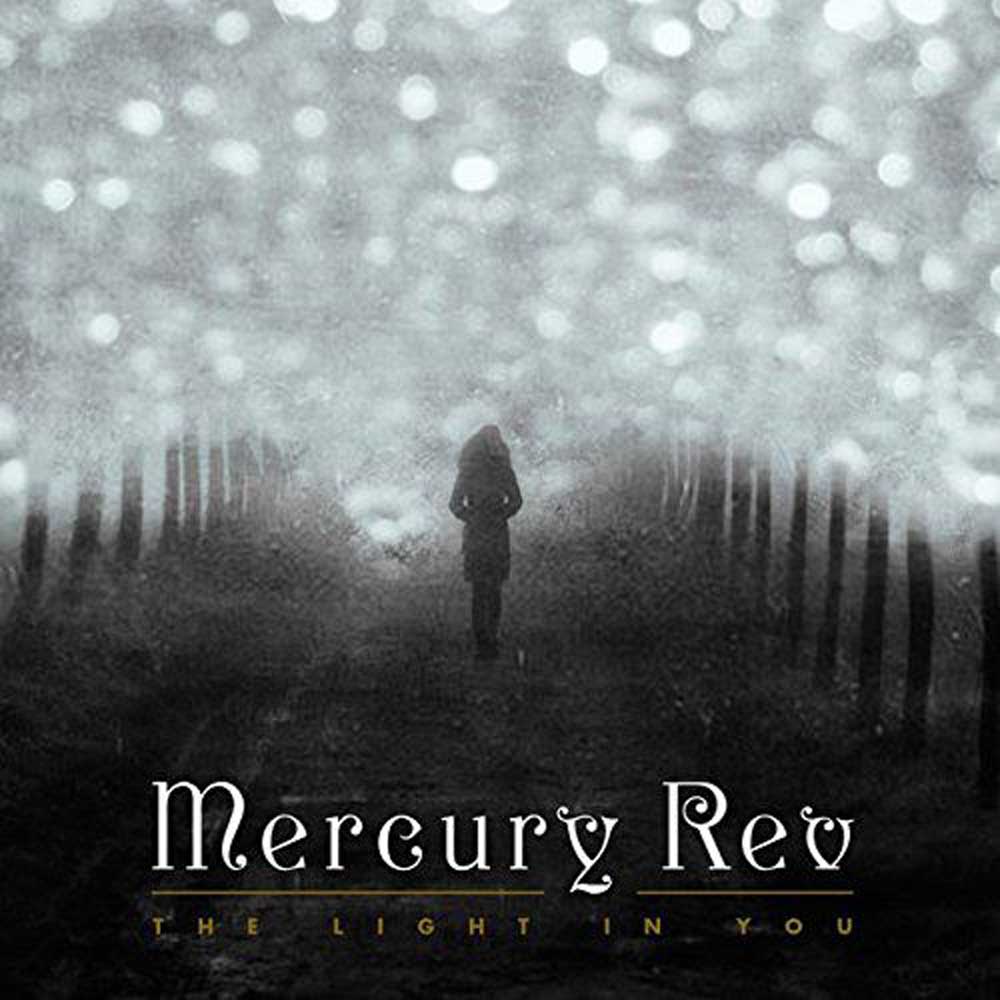More album reviews
Published 12:00 am Friday, October 9, 2015

- Mercury Rev, "The Light in You"
Mac Miller
“GO:OD AM”
REMember Music / Warner Bros. Records
Rappers spend lots of time on their rhymes, and producers spend lots of time on their beats, but you’d be surprised how often those two practices don’t neatly intersect. There’s little in hip-hop more disappointing than a great rapper with a tin ear for beats. Conversely, a sharp ear can rescue a bum rapper, or elevate a good one to great.
Mac Miller is a producer and musician in addition to being a rapper — you can hear it all over “GO:OD AM,” his first major-label album, and one of the most musically appealing hip-hop LPs of the year. It’s lush and crisp, and also diverse: The smooth love song “ROS” is produced by DJ Dahi; the woozy shuffle “Time Flies” is by Christian Rich; and the post-Heatmakerz soul with a bleating sax outro titled “Brand Name” is by ID Labs.
Much of this album is focused on the glories of fame — women, money, drugs — and, more vividly, the downside of embracing those temptations. On “Ascension,” he grumbles about not knowing how “I’m supposed to look into my parents’ eye/ when I’m scared to die/ my eyes same color as the cherry pie.” He sounds sad, but the piano behind him is sadder; the moaning background singers are morbid; and the snares land sharply, like a stick to the wrist.
ON TOUR: Nov. 6 — McDonald Theater, Eugene; www.ticketswest.com.
— Jon Caramanica,
New York Times
Lana Del Rey
“HONEYMOON”
Interscope Records
“Honeymoon,” Lana Del Rey’s third major-label album, achieves a sublimity missing from her first two. She’s been angry, and then bored of being angry, but now she’s just bored and her boredom is entrancing.
There’s that taffy voice, resignedly oozing all over the place — rarely does Del Rey check in at something more intense than a yawn. She’s not an ornate singer, but she achieves a great deal with only the many shades of exhaustion.
On “Salvatore,” when she ooohs about “soft ice cream,” she’s a billowy cloud. On “Music to Watch Boys To,” she sighs, “I like you a lot,” but her voice is multitracked, as if arguing with herself whether it’s even worth the bother.
For much of “Honeymoon,” she dwells on relationships so toxic they’ve turned her into an emotional refusenik. On “Terrence Loves You,” she sings, “I lost myself when I lost you/ And I still get trashed, darling/ When I hear your tunes.” “Religion,” a love song that would seem to demand preachy fervor, is instead delivered with a shrug.
Del Rey’s weakness remains her narrow field of vision. And her apathy does tend toward lethargy — individual songs seep long past their most pungent moments, and her unwavering vocal approach can induce somnolence.
Del Rey sounds lonely here, and fine with that.
— Jon Caramanica,
New York Times
Mercury Rev
“THE LIGHT IN YOU”
Bella Union
Press material is cryptic on the subject, but the prolonged silence from Mercury Rev can apparently be blamed on personal and physical problems as well as guitarist Sean “Grasshopper” Mackowiak’s newfound fatherhood.
The songs inside the album reflect these heavy themes, though their specific meaning is about as vague as the “calamities” that lead singer and guitarist Jonathan Donahue and Mackowiak experienced during their off hours. For instance, the album’s second song is one clearly intended to strike you in the gut, hard. “Amelie” isn’t assembled from very many lyrics, but the words that are in place combine with a dramatic musical buildup with a degree of sincerity seldom heard in pop music nowadays: “Amelie, unlock the door / I’ll break the habit / Unlock the door / I’ll break the habit / I want no more.” We don’t know what this “habit” is, but it’s clear that Donahue’s character is hurting badly. And have you ever found yourself so distracted by a personal crisis that the only thing you have the focus for is a long walk in the dead of night?
Another song, “Central Park East,” has that angle covered. “Am I the only lonely boy to ever walk in Central Park?,” the song’s protagonist asks himself over and over again on the album’s lengthiest track.
Mercury Rev may still sound like themselves and only themselves, but that sound has now been sharpened to a very fine optimistic point — and all points can still slice an edge.
— John Garratt,
PopMatters.com






